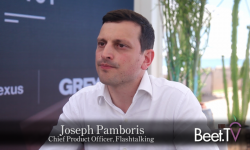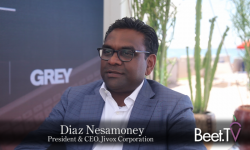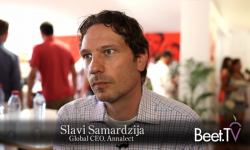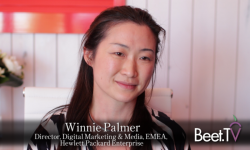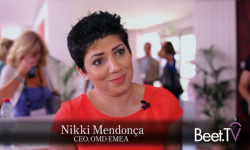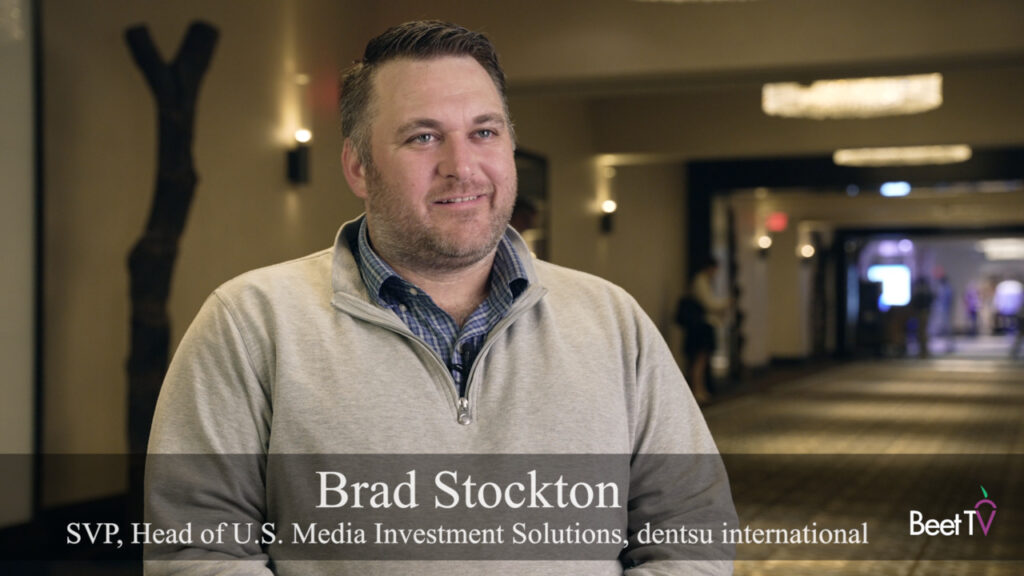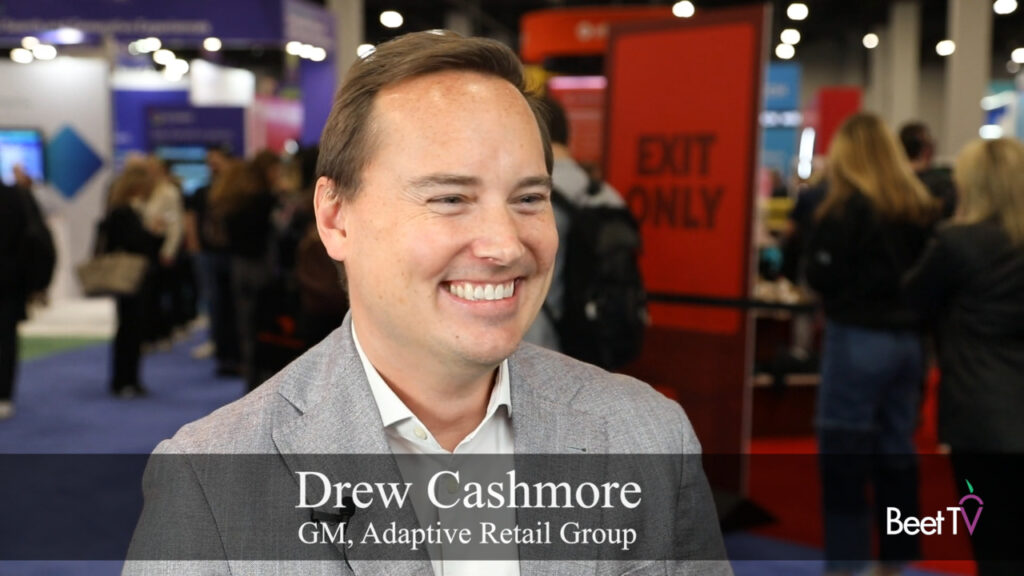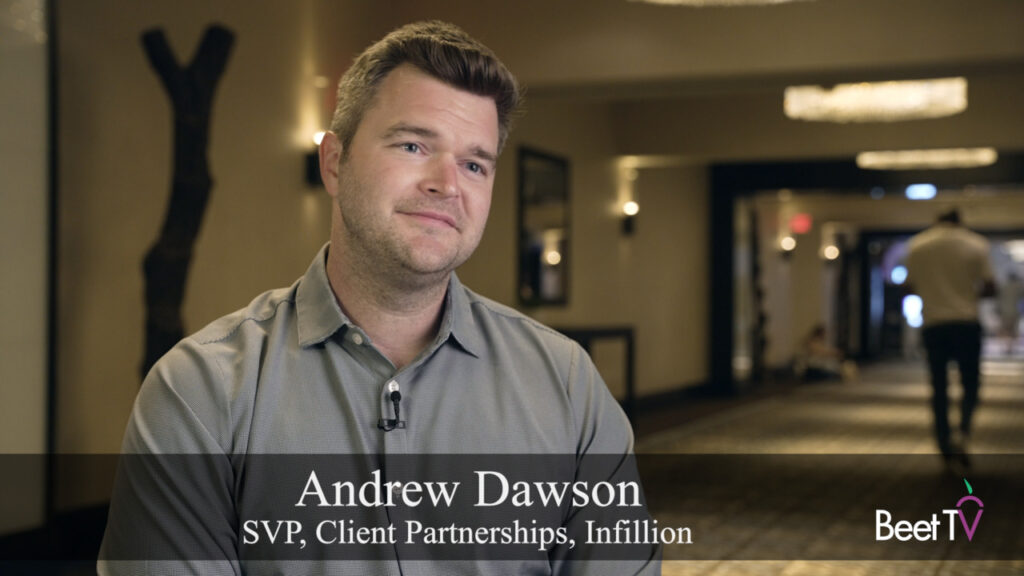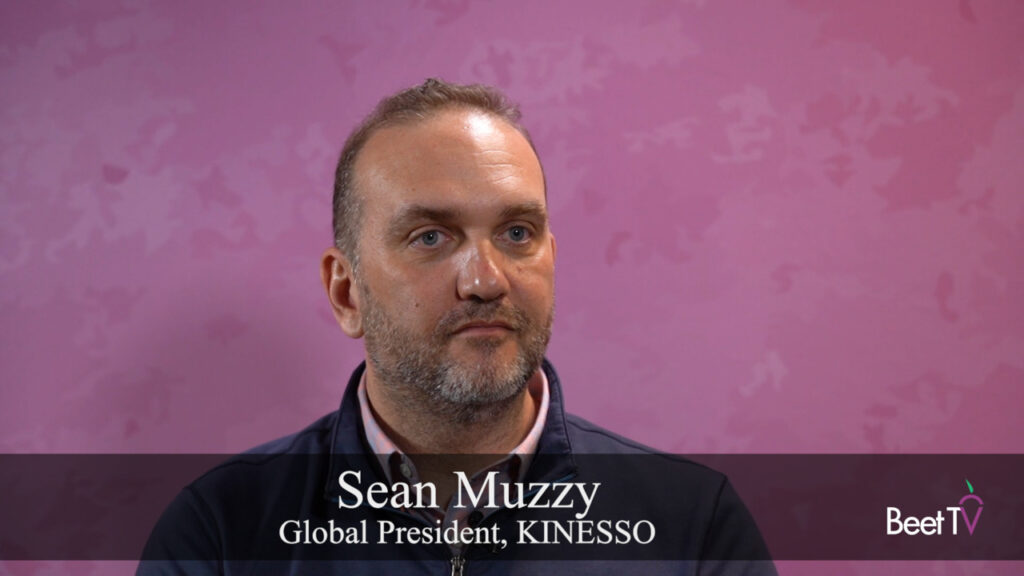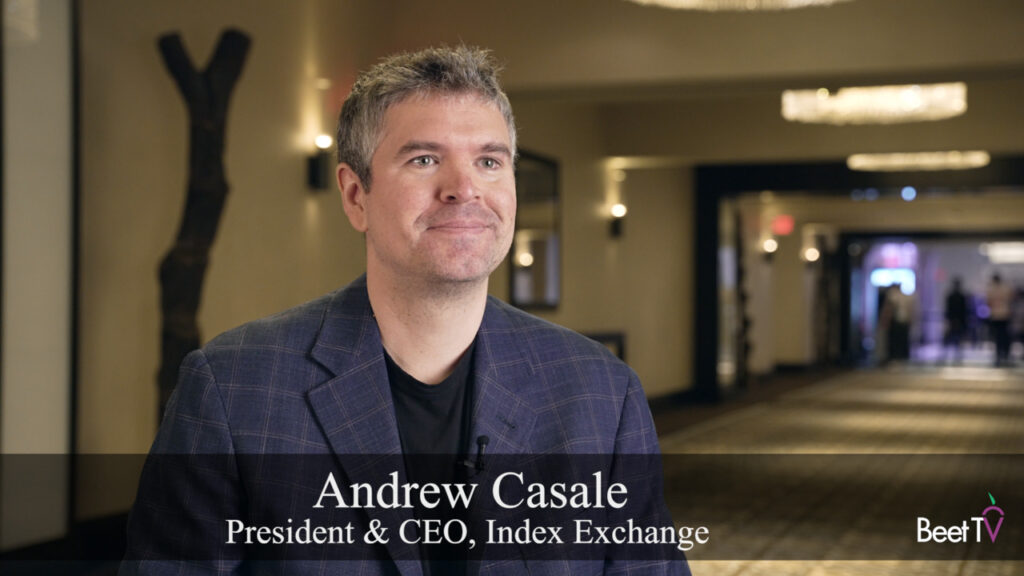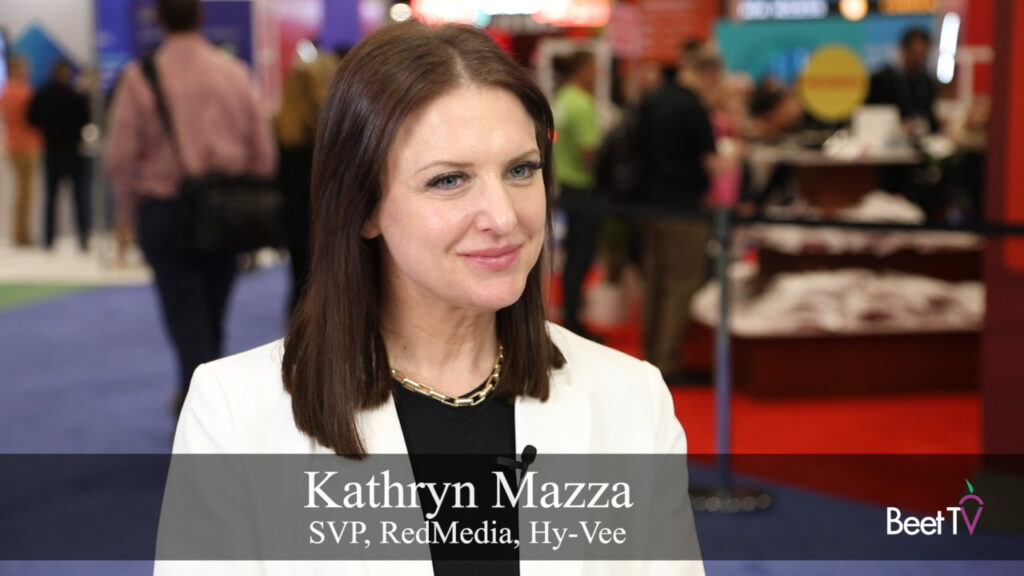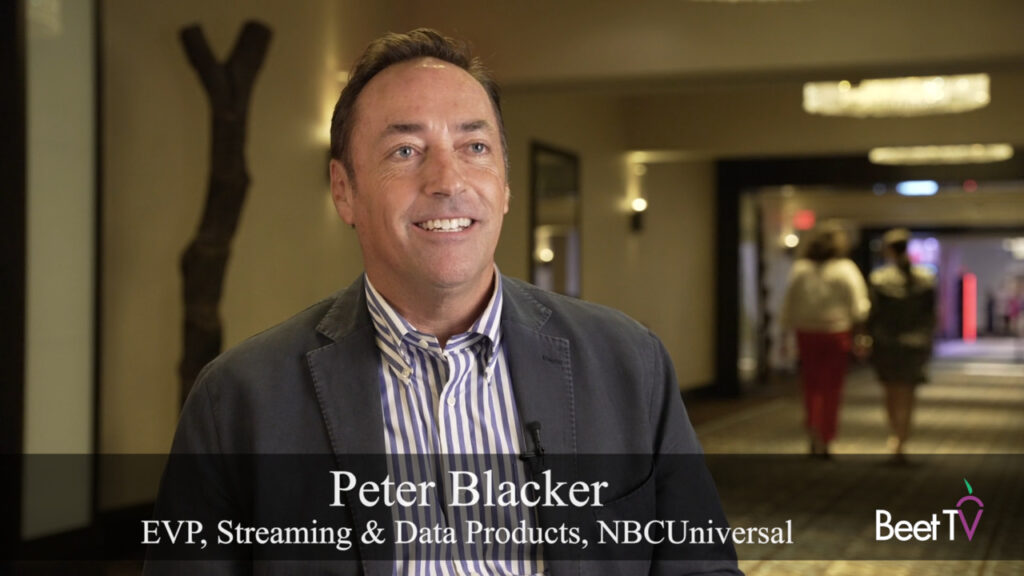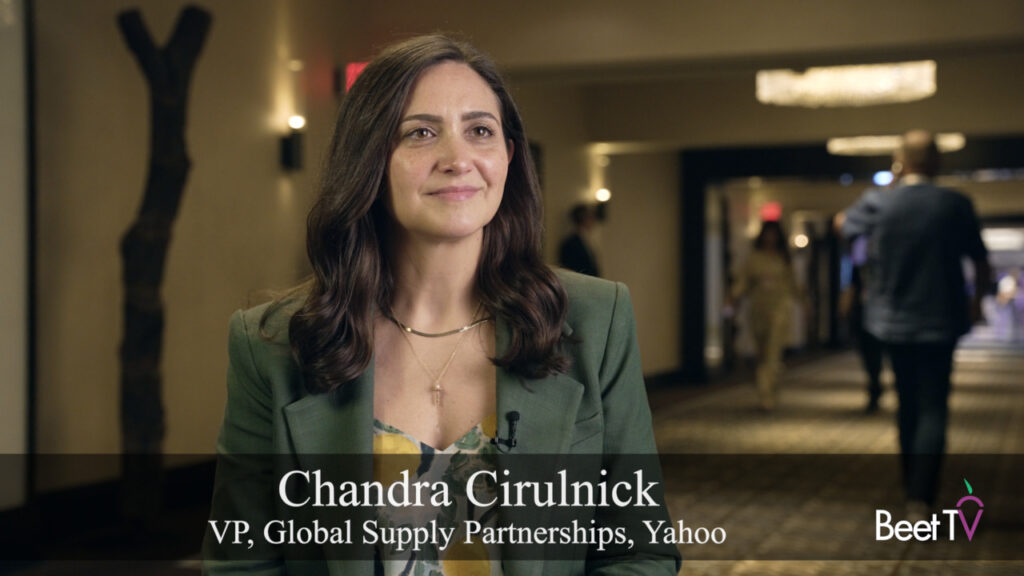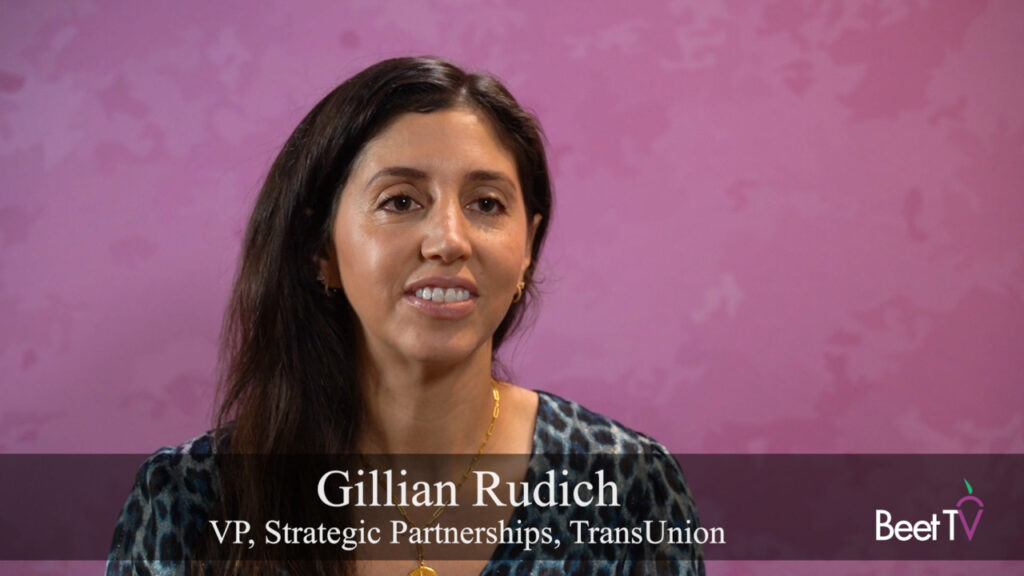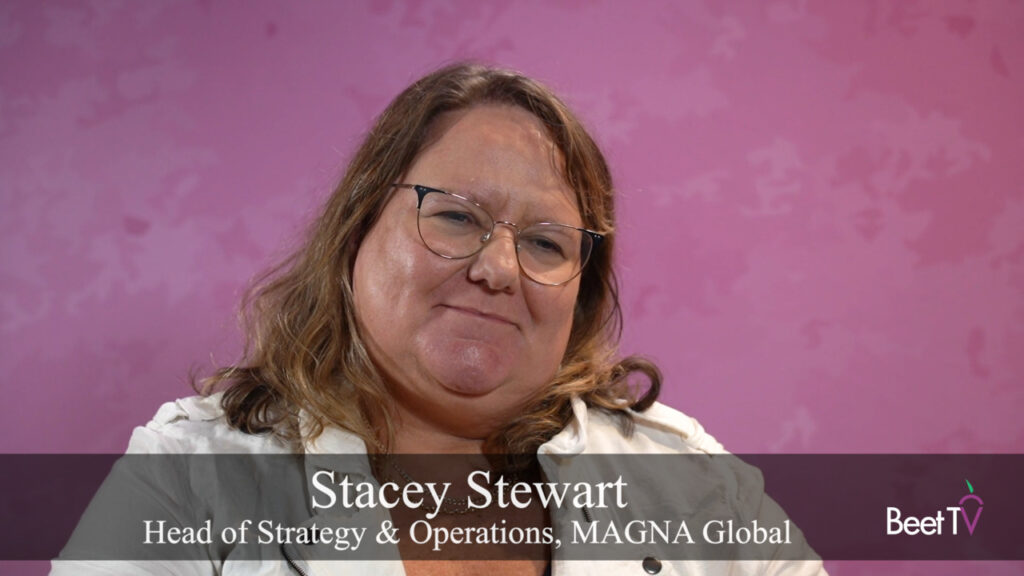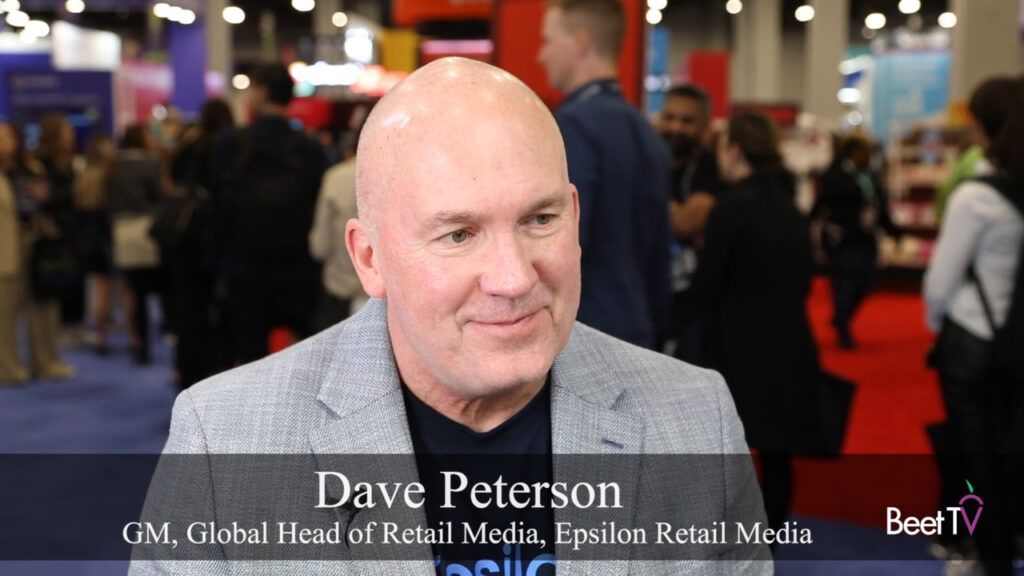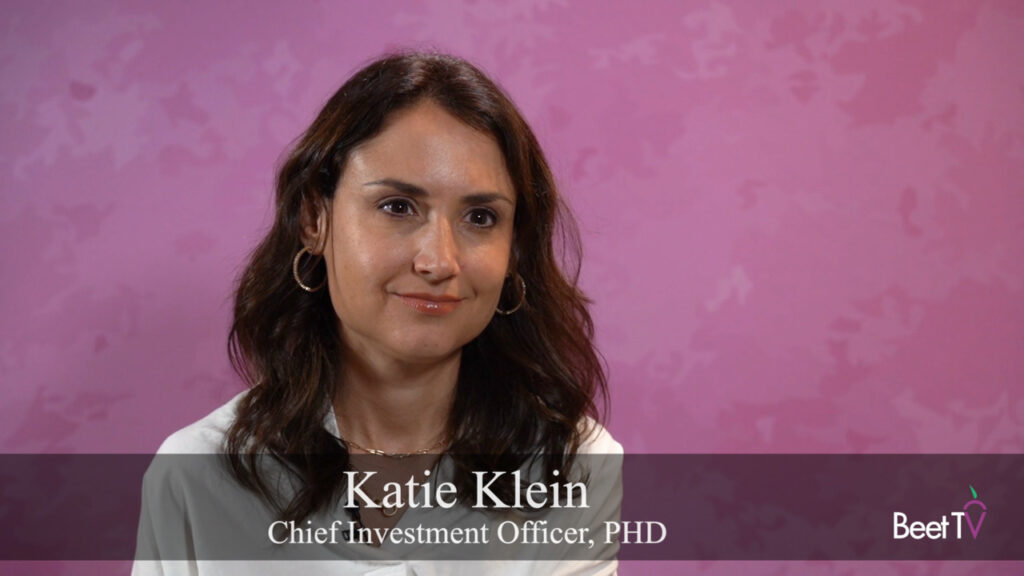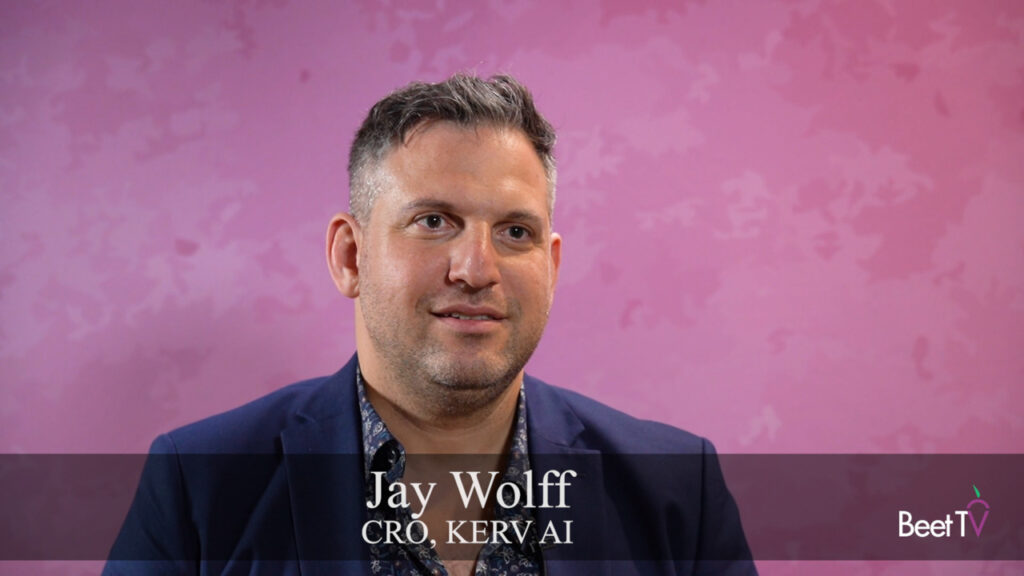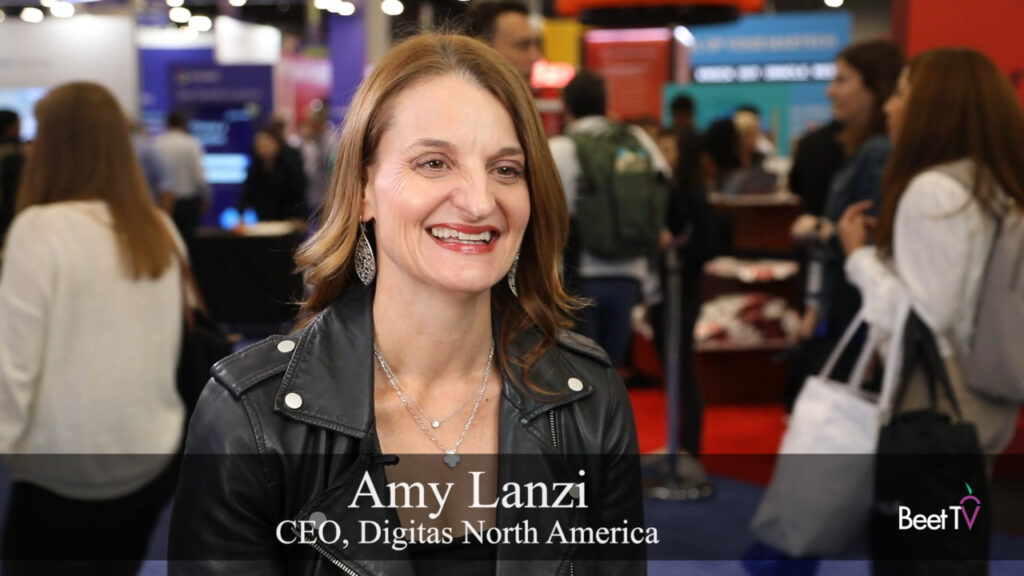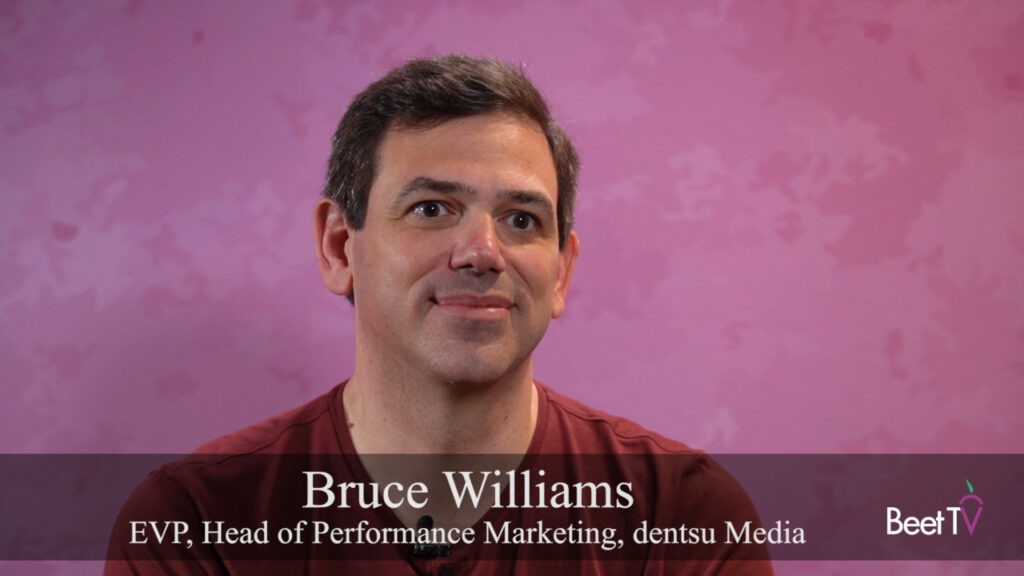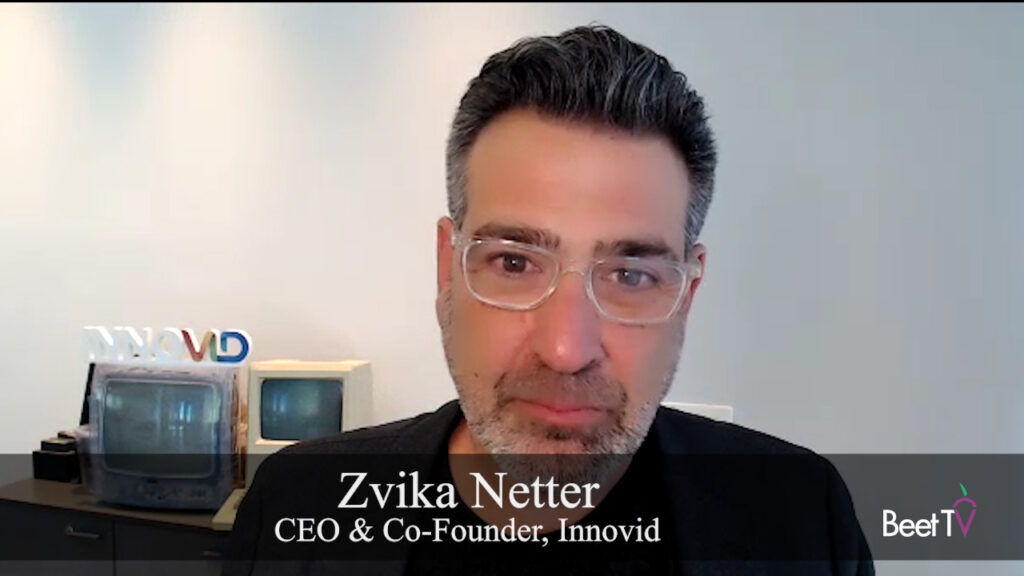CANNES – Marketing veteran Jordan Bitterman sees a “flight to safety” delivering advertiser dollars to places like Facebook and Google as marketers try to avoid ad fraud and other problems within the digisphere. He believes this, in turn, could have the longer-term effect of prompting other digital properties to make themselves brand-safe.
Bitterman, whose career includes full-service ad agencies and digital companies like Alta Vista, one of the early Internet search engines, refers to a recent report from Morgan Stanley during an interview with Beet.TV. The Wall Street firm noted that something in the neighborhood of 85% of incremental digital ad spend is going to Facebook and Google because they’re considered to be safe havens.
“We’re essentially seeing a flight to safety,” says Bitterman. “With all of these issues going on in the ecosystem like ad fraud and ad blocking. That will probably drive a good portion of the remainder of the ecosystem to get their house in order” by making sure they are “brand-safe and dollar-safe environments.”
Bitterman divides ad fraud and ad blocking into two camps: short-term and long-term problem. Digital ad fraud, he says, “is a much larger short-term issue” because there is an immediate problem for advertisers whose money is being wasted.
Ad blocking represents a longer-term threat because there’s no immediate waste of advertiser dollars as a result of people rejecting marketing messages.
“The reason why it’s a long-term issue is because as an industry we have to make sure that we’re delivering messages to people in environments that they want to see it,” Bitterman says. “If not, we’re messing with the whole ecosystem.”
As brands tackle the challenge of how to properly engage with consumers via widely popular messaging apps and platforms, the opportunity for one-to-one conversations that some people hoped would happen with Facebook might finally be at hand, according to Bitterman.
“That type of communication and servicing of customers is super exciting,” he says of messaging.











